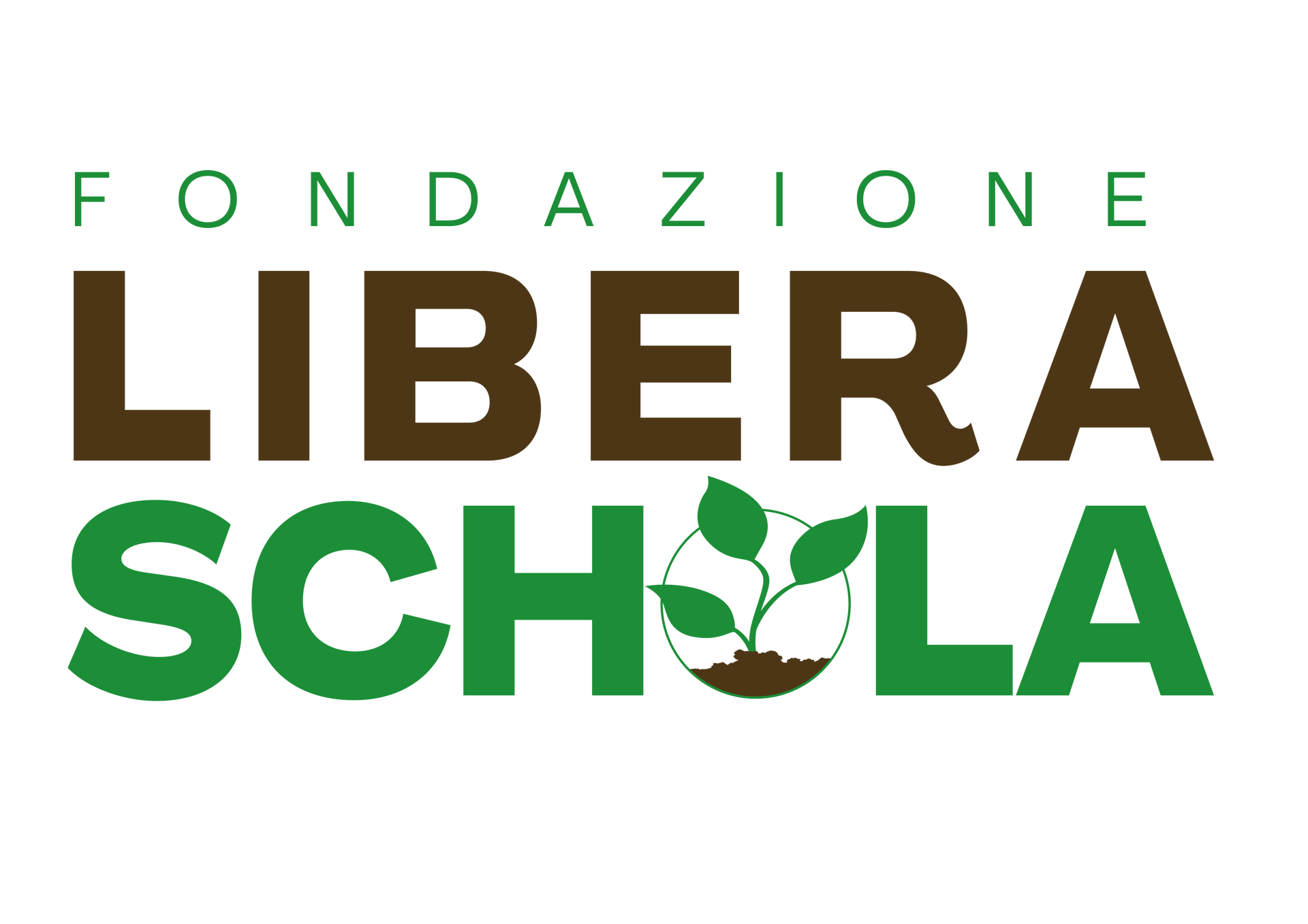News and events
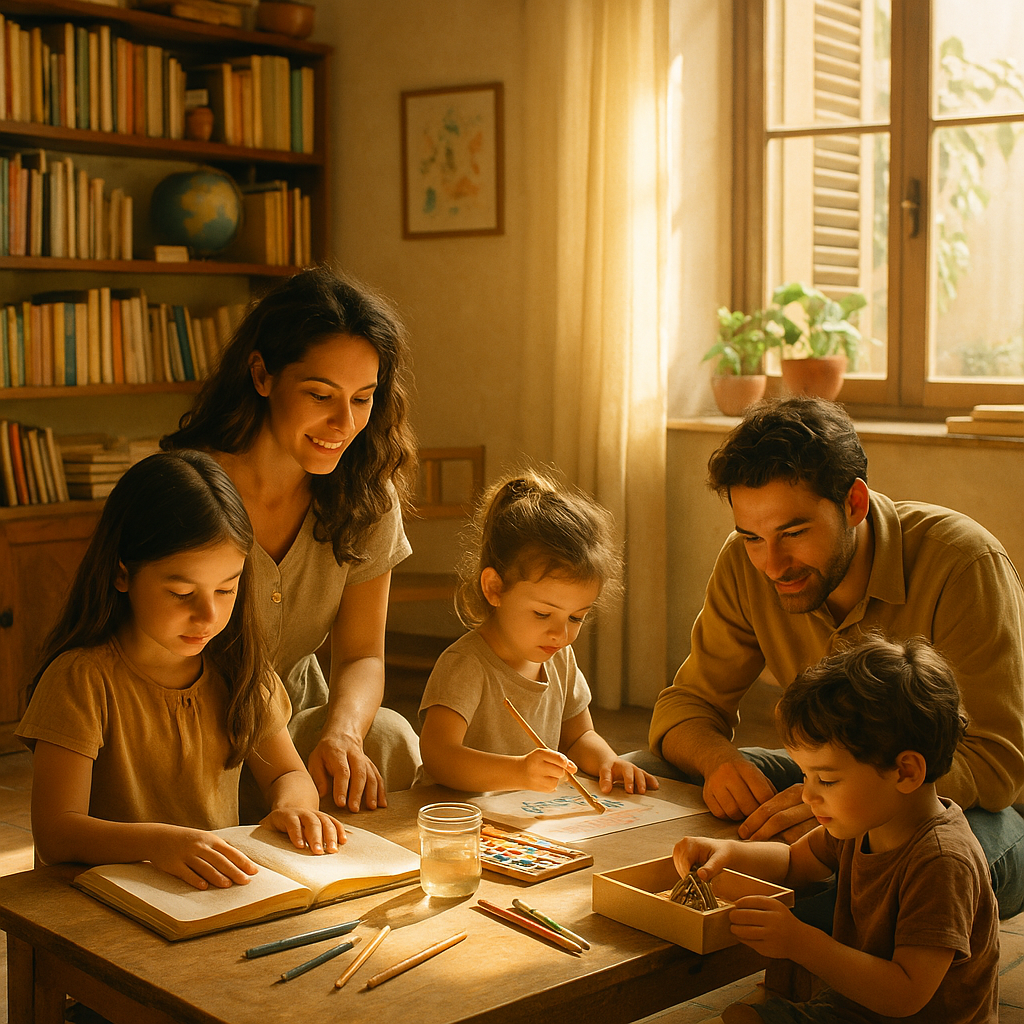
by Matteo Curto
•
27 March 2025
In a significant milestone for educational freedom in Italy, representatives of the homeschooling community were welcomed at the Ministry of Education in Rome on February 27th, 2025. The meeting with Minister of Education Giuseppe Valditara focused on the challenges faced by families educating their children outside the traditional school system. Leading the discussion was Erika Di Martino, founder of the Libera Schola Foundation and one of Italy’s foremost home education advocates. A mother of five homeschooled children—her eldest now at university—Di Martino brings both personal experience and national leadership to the movement. Over 15 years, she has built a support network for homeschooling families, organizing conferences, publishing educational resources, and connecting parents through digital platforms. She also serves as a European board member for the Global Home Education Exchange, an international network promoting and connecting the global home education community. Among the key issues discussed were the challenges families face with state schools, which often remain resistant to homeschooling. Families may feel pressured to alter their educational plans, face bureaucratic hurdles, or encounter institutional bias. These obstacles complicate what is supposed to be a legally protected educational path. In Italy, homeschooling is legal, but children must pass yearly exams administered by state- recognized schools. Public institutions, often unfamiliar with homeschooling, may be dismissive or antagonistic toward these students. As a result, many families turn to scuole paritarie—private schools with state accreditation that are more respectful of homeschooling. However, these come at a cost, placing a financial strain on families seeking fair treatment. Libera Schola’s proposed solution is to create its own paritaria school—a national center dedicated to organizing impartial and respectful exams for homeschooled students. This would be the first institution of its kind in Italy, designed to uphold both academic standards and the dignity of families pursuing alternative education. Minister Valditara responded to the proposal with openness and a willingness to engage further with the homeschooling community. As Libera Schola advances its plan, the Foundation is seeking international support—particularly from the United States, where home education is more established and widely respected. Donations will help fund the creation of the exam center and support legal, administrative, and educational needs. More than testing procedures are at stake—it is about affirming the right of families to raise and educate their children with integrity and freedom, in keeping with Italy’s tradition of independent thought. To learn more or contribute, visit the link
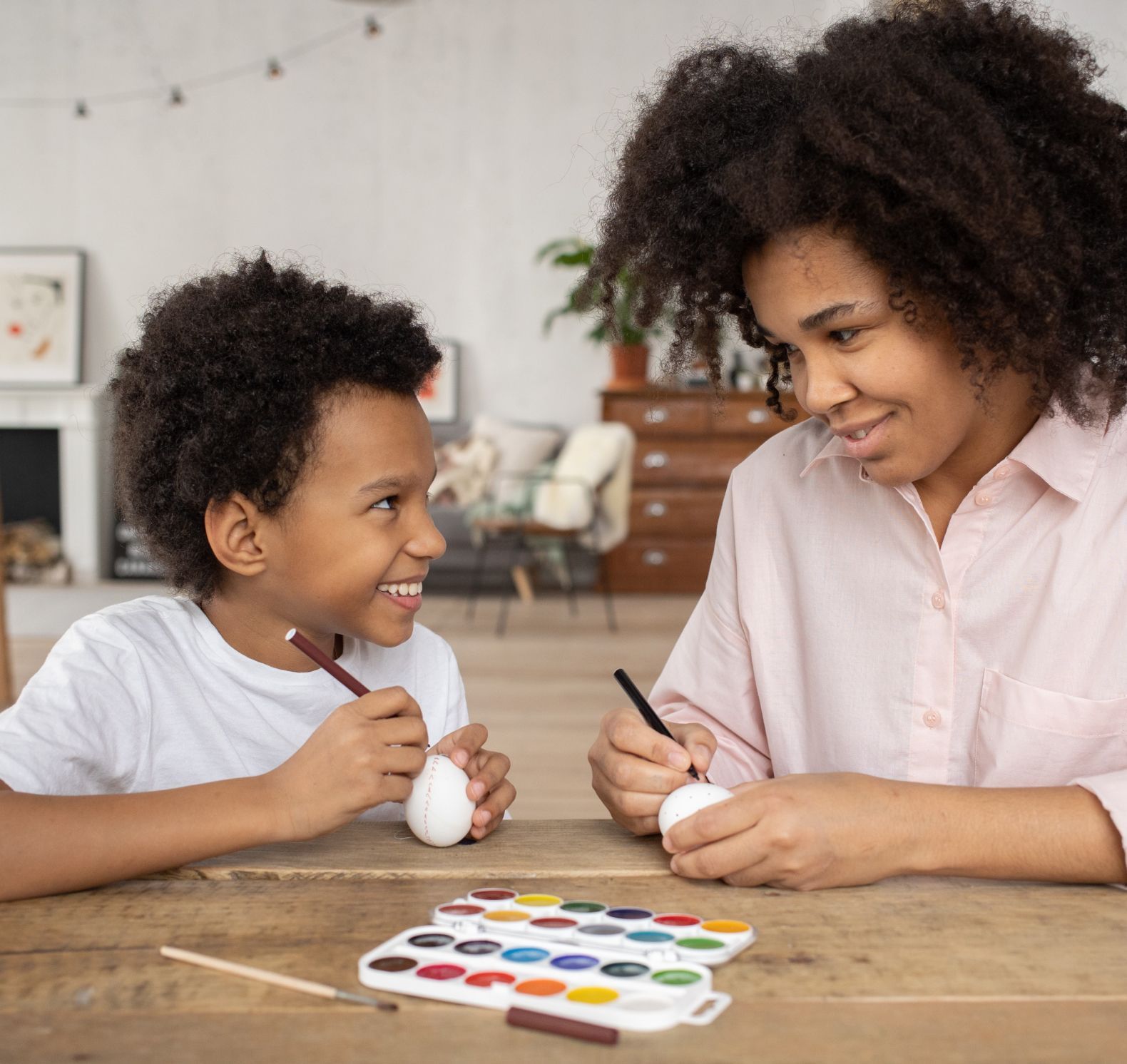
by Matteo Curto
•
10 July 2024
Libere Ludere is an innovative and engaging project that centers on free play, offering a unique experience where children and teenagers decide the activities, promoting fun and learning. Our goal is to create an active community throughout Italy, involving families and organizations/associations. The Context of Free Play The current educational system and daily routines often follow a rigid standardized model that does not take into account the individuality of our children. This can limit creativity, autonomy, and the passion for learning. Our challenge is to create a stimulating, flexible, and personalized educational environment that also considers friendships and social relationships. Free play is fundamental for the development of an open and creative mind. It allows children to think outside the box, seek innovative solutions to problems, and face challenges with courage. When children are free to explore the world without restrictions, they can follow their natural interests and develop a genuine love for learning. This freedom of choice encourages them to become independent thinkers and take initiatives, essential qualities for their future success. Moreover, free play helps develop valuable social skills such as collaboration, communication, and conflict management. During play, children learn to negotiate, share, and work together to achieve common goals. These spontaneous social interactions are crucial for building strong relationships and learning to handle conflict constructively. Free play also offers the opportunity to experience and understand one's own emotions and those of others, fostering the development of empathy. Children learn to recognize and respect the emotions of others, thus improving their ability to relate positively with peers. This type of experiential learning cannot be replicated in structured and controlled environments, making free play an irreplaceable element for balanced and comprehensive growth. Lack of Time for Free Play In a world increasingly oriented towards technology and structured learning, it is essential to rediscover the value of free play. We need to create spaces and times dedicated to this fundamental activity, allowing our children to develop their full potential in an environment that values their creativity and autonomy. In many cases, children no longer have the time available to play freely without adult supervision. Their daily lives are often filled with structured activities, schoolwork, and various commitments, leaving little room for spontaneous and free play. Negative Effects of the Lack of Free Play The lack of free play has significant consequences on children's development. Without the opportunity to play freely, children may become less creative and less able to solve problems independently. Additionally, the lack of free play can lead to increased stress and pressure, limiting the ability of children and teenagers to relax and have fun. Social skills can also suffer, as they have fewer opportunities to interact spontaneously with their peers. Promoting Free Play with Libere Ludere Libere Ludere offers a concrete solution to this problem. Participating in the project means dedicating specific time to free play in the daily routine of children. Families can organize local events, such as park picnics or outdoor days, where children can play freely without adult intervention. This not only promotes the creative and social development of children but also helps them build meaningful relationships in a free play context. Join the Libera Schola Foundation Participating in Libere Ludere is simple! Become members of the Libera Schola Foundation and organize an event in your area, inviting other families to participate. It could be a picnic in the park, a day outdoors, or a creative workshop. Or choose to participate in an already created activity that reflects your passions and interests, because in free play you are the authors of your adventures! By joining the Libera Schola Foundation, you will become part of a community that supports and values free play as a fun and effective way to learn and grow. You will have the opportunity to meet other families and share experiences, resources, and ideas. Together we can create an environment where children and teenagers feel free to express themselves, engage their creativity, and develop their passions.
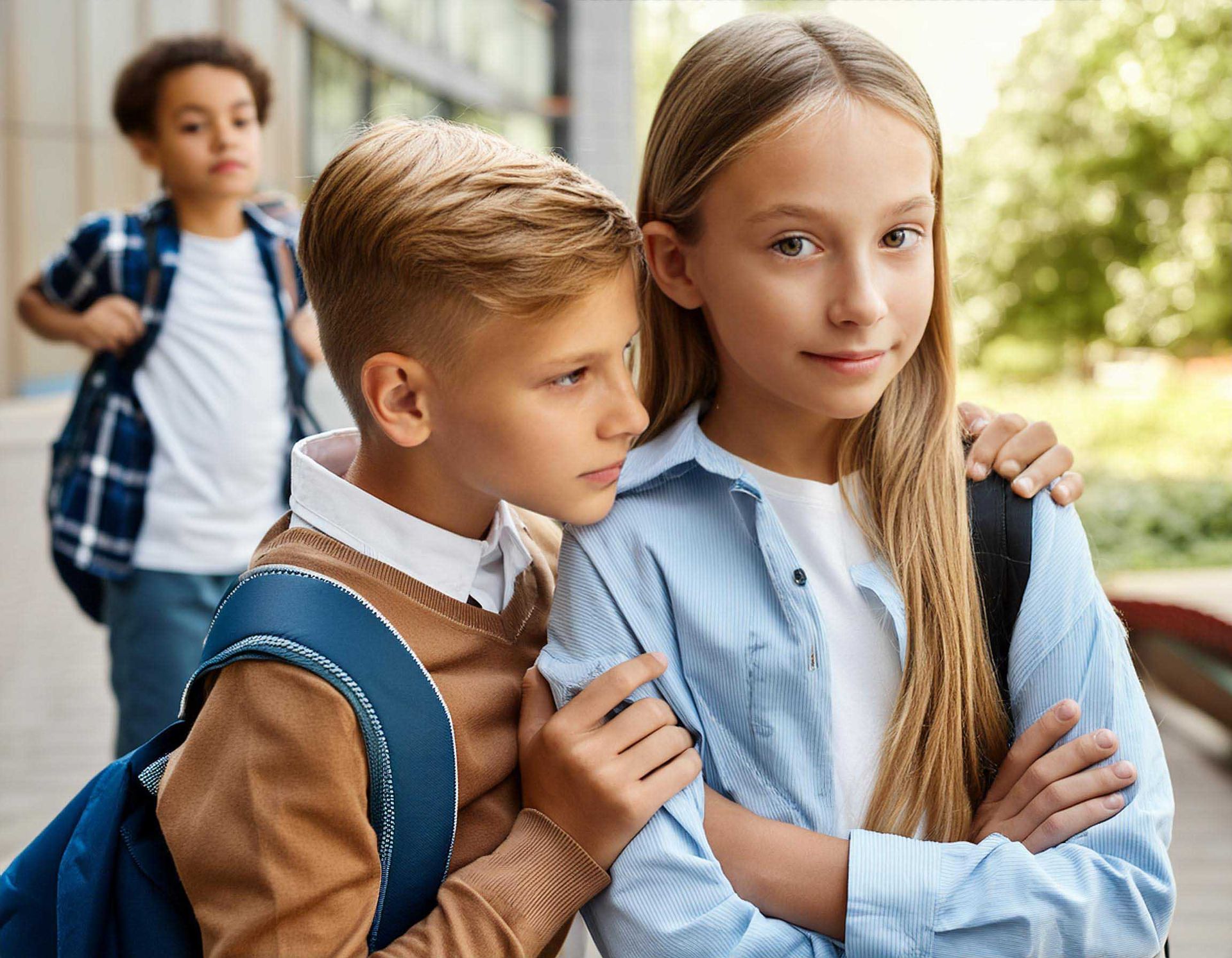
by Matteo Curto
•
10 July 2024
In every family, disputes between children and teenagers are common, but managing them effectively can turn moments of tension into opportunities for growth and learning for everyone. By following some key rules, you can create a more peaceful and harmonious home environment.
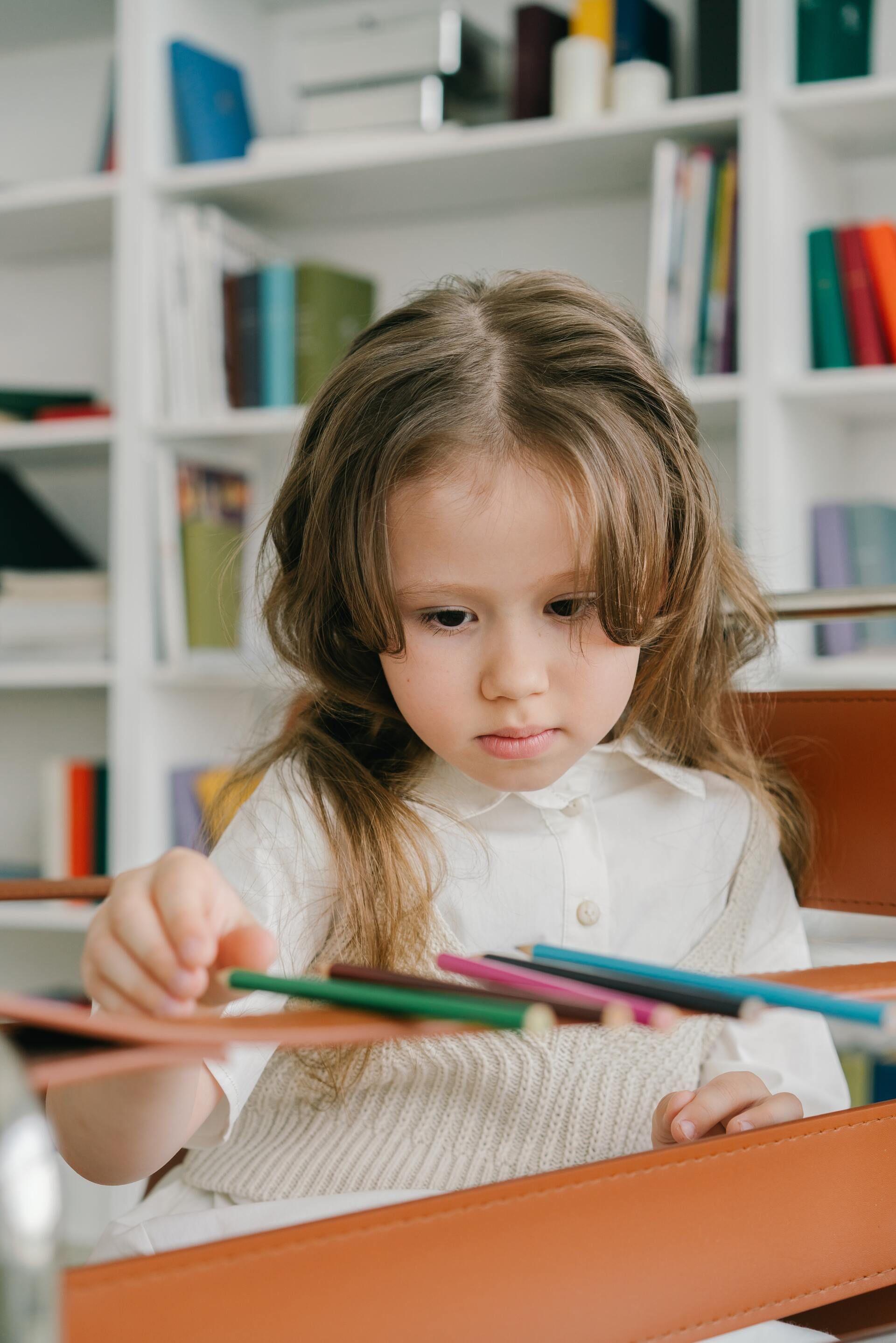
by Matteo Curto
•
10 July 2024
In recent years, we have seen a significant increase in structured activities in the lives of children and adolescents. Between school, sports, music lessons, and other extracurricular activities, free time seems to have become a luxury. This situation has negative consequences that can profoundly affect the well-being and development of new generations. Let's examine the main issues associated with a life centered around adult-imposed commitments.
Join us!
We believe that personalized and inclusive education is critical to the future.
Join the Libera Schola ETS Foundation and together we will make a difference.
Libera Schola Foundation: Educate, Innovate, Grow.
FONDAZIONE
LIBERA SCHOLA ETS
Headquarters:
Piazza Gramsci 2
20154 Milan
Italy
© 2025
All Rights Reserved | Libera Schola Foundation


